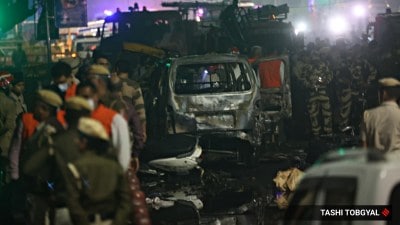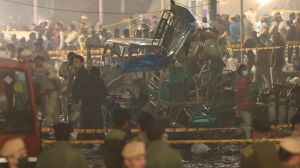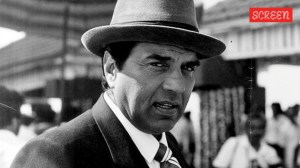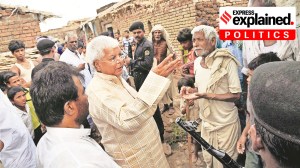‘LeT leaders could appeal UNSC’s terrorist tag on them’
LeT leaders declared terrorists by the UNSC could appeal against the decision, Pak's Ambassador to the UN has said.

The three Pakistan-based LeT leaders declared terrorists by the UN Security Council, which also imposed sanctions on them and their front organization Jamaat-ud-Dawa, could appeal against the decision, Islamabad’s Ambassador to the world body Abdullah Hussain Haroon has said.
He said it is not an end of the road for the affected JuD leaders, including its chief Hafiz Mohammad Saeed and LeT’s operations head Zaki-Ur-Rehman Lakhvi who is the suspected mastermind of the Mumbai attacks.
Other LeT leaders declared terrorists by UNSC are Haji Muhammad Ashraf, the banned group’s Pakistan-based financier, and Zaki-ur-Bahaziq, an India-born Saudi who collects funds for the outfit in the kingdom.
The three Pakistan-based LeT leaders could appeal the UNSC committee’s decision either directly or through the Government of the country, Haroon told Pakistani journalists in New York on Saturday, adding the mission would help in the process.
Haroon had called the press conference to defend himself against charges in the Pakistani media that the mission as also the country was taken by surprise by the UNSC’s designation of JuD and its for leaders as terrorist.
The Pakistan mission, he said, was following the case and was fully aware of it but the Council’s sanctions committee meets in secret and no one other than members is invited. So, no one can prevent any action being taken and the first information comes in an e-note to the country concerned asking it to apply sanctions as directed or face punishment.
The decisions are taken collectively, he said, adding “this should be an eye opener for the future.” Apparently, he was implying that no member raised any objection.
The announcement of the UNSC sanctions had angered the Pakistani media which blasted the mission for allowing the action to be taken.
But the sanctions committee had followed the laid down procedure under which a member State seeking sanctions makes the case for action to be taken and the Committee gives five days for objections to be raised.
After that the members of the committee, on which all 15 Council members are represented, evaluate the evidence and decide on the course of action. Neither India nor Pakistan are members of the Committee which does not hold open sessions.





- 01
- 02
- 03
- 04
- 05


























